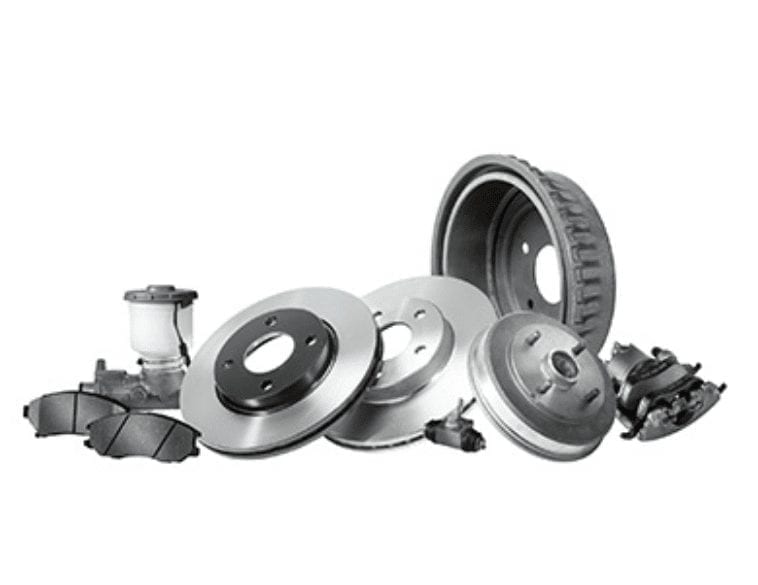We discussed EV brakes and suspension with Canadian Jobbers—Douglas Squires, St. John’s, N.L., Jean Gilbert, Chilliwack, B.C. and Steve Kallay, Orangeville, Ontario.
Which brake parts are likely to be negatively impacted if EV usage really increases?
Squires: EVs often have the ability to slow down the vehicle without much brake usage. Sudden and panic stops will remain—a harder impact on braking material due to the severity of usage.
Many people watch brake wear allowing the vehicle to slow gradually to save their brakes. Conversely, EV’s have heavy batteries which could potentially counter the brake savings. Overall, it is still too new an area to make broad sweeping assumptions.
Gilbert: As an owner of an EV since 2017, I can confirm that EV’s are going to need fewer brake parts. I own a Chevy Volt with just under 140,000km and my brakes are still over 80%.
I barely use them—a paddle on the steering wheel applies resistance on the electric motor to slow down the car, I only apply brakes to come to a full stop.
Kallay: All of them! Regenerative braking requires very little usage of the actual pads and rotors—electric motors do a lot of the braking. I’ve read EV’s may go up to ten years before needing a brake job.
Which brake parts do you think might actually increase in demand—calipers, cores, lubricants, greases, fluids?
Squires: EVs will need regular brake fluid changes to ensure flushing the fluid as it can corrode the brake system. Reduced usage of calipers may lead to increase caliper seizing which could increase caliper demand and demand for cores.
Gilbert: EV owners use the braking system much less but the system will require service to include cleaning and lubrication to make sure it is working properly.
Kallay: The brake system will still need to be maintained and lubricated especially with the harsh Canadian winters and road chemicals. This could contribute to rust, rot, seized calipers, etc., so there will be a demand for these parts.
What suspension parts might be in demand due to EV’s heavier weights?
Squires: Suspension will remain in demand due to road conditions. Normal wear and tear on moving parts like the suspension are independent of how the vehicle is powered.
Gilbert: Suspension parts—control arms, ball joints and wheel bearings may wear out faster because of extra weight but it’s too early to tell.
Kallay: I can see suspension and chassis part demand increasing—these vehicles are heavy. Chassis parts and bushings could wear or break due to lighter materials being used to reduce vehicle weight.
EV’s also produce mass amounts of torque—forceful take-offs from stoplights produce a lot of component stress. EV’s use intelligent electric suspension components that automatically adjust to the road/driver driving style, but I think the longevity of these parts would be similar/better than today.
EV specialist on the team
When asked if they would look to have an EV specialist on their team, the three jobbers stated that they didn’t believe one would exist soon and so did not think they would need one.
They also stated that the repair shop definitely would. As jobbers, they will be training their counter staff and salespeople to be current on these issues.



